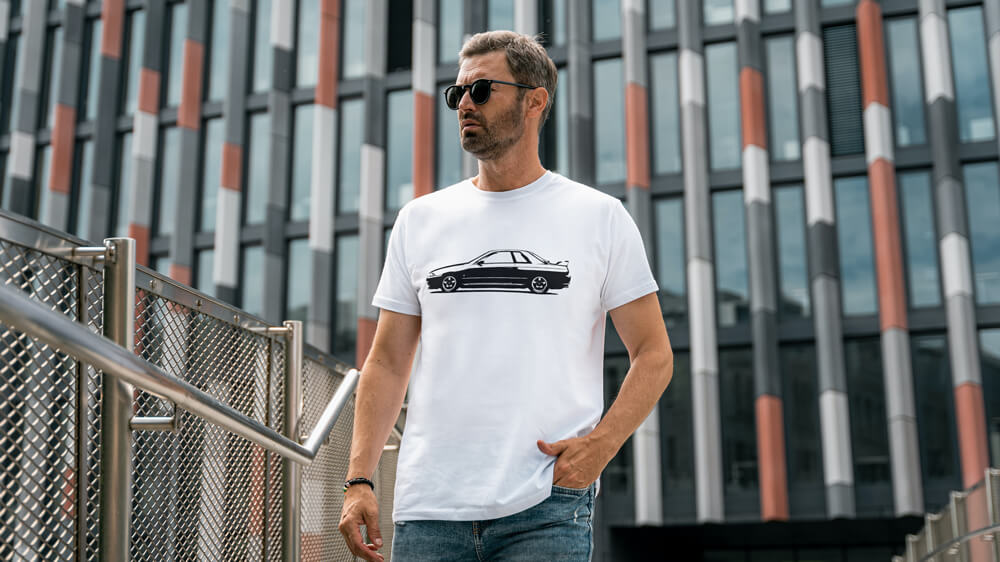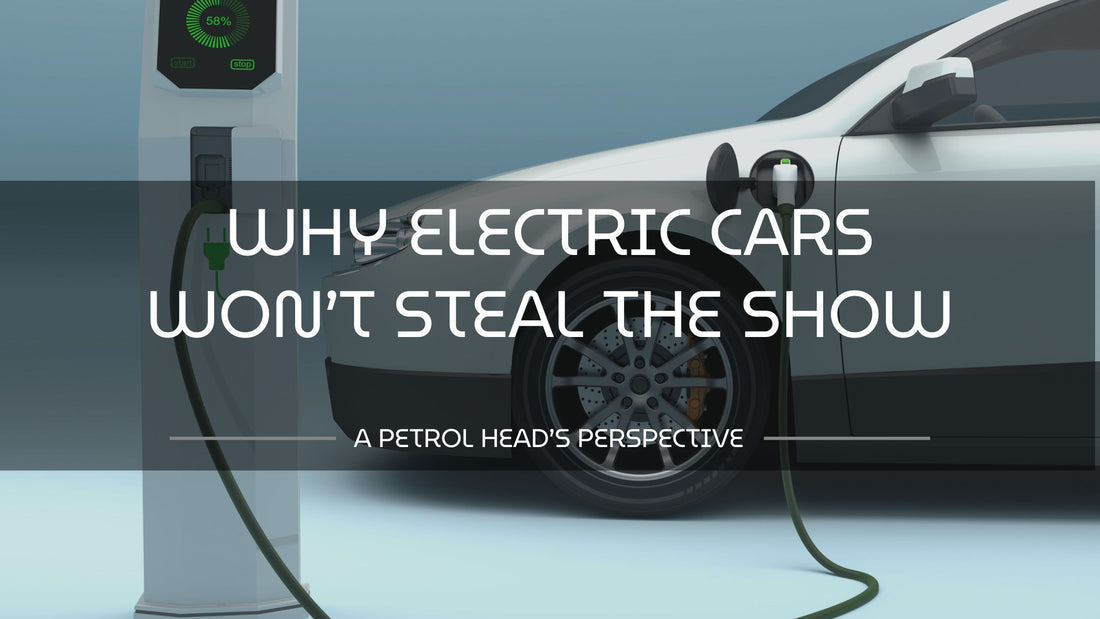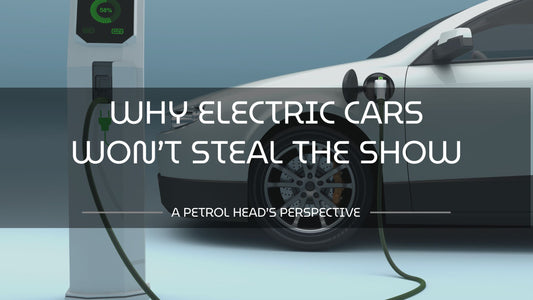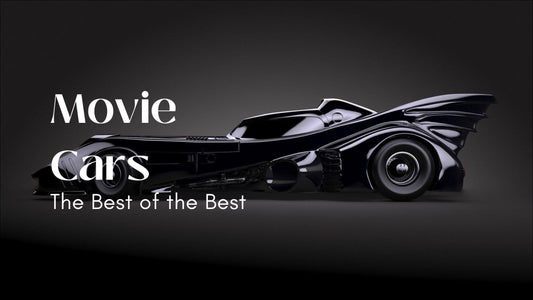Ah, electric cars. The future, they say. A world where the streets are filled with silent, efficient vehicles whizzing by, leaving nothing but a slight breeze and the faint smell of righteousness in their wake. As a performance car enthusiast, I've been told my days of rumbling engines and petrol-scented mornings are numbered. But let's hit the brakes on that thought for a moment, shall we? Let's journey down this winding road together, exploring why, in my humble opinion, the electric vehicle (EV) revolution might not be the end-all solution it's charged up to be.
The Sound of Silence? Not My Tune.
First off, let's talk about the elephant in the room: the noise, or the lack thereof. The symphony of a finely tuned combustion engine is music to the ears of many a petrolhead. The growl of a V8, the scream of a V12 – these are the sounds that quicken our pulses. There's a reason car enthusiasts spend thousands on exhaust upgrades. It's not just about the performance; it's about the personality. The roar of an engine isn't just noise; it's a language. It speaks of power, potential, and passion. Electric cars, with their library-like silence, seem to miss this essential beat. Sure, they're fast, but where's the drama? The heart? Driving an electric car at full pelt is like listening to an AC/DC concert on mute. Sure, you can see the action, but you're not really feeling it.
The Need for Speed... and Range.
Electric cars can sprint like a cheetah on a caffeine kick, that's a given. But performance isn't just about speed; it's about endurance too, so what happens when the road opens up, and the journey lengthens? While advancements in battery technology are impressive, the infrastructure for rapid charging still lags, especially in remote areas. Planning a spirited drive through the countryside shouldn't feel like a strategic operation fraught with the peril of running out of juice. "Sorry, mate, can't join the Sunday cruise, I've got to stay within a 50km radius of a power socket." Not exactly the stuff of driving legends.
Imagine this: You're on a drive through the countryside, the twists and turns beckoning you forward. Suddenly, your EV beeps – it's time to recharge. You pull over at a charging station (if you can find one), plug-in, and then... wait. And wait. Even with the fastest chargers, you're looking at a pause that's longer than any pit stop. It's more of a leisurely lunch... followed by a coffee... and maybe a nap. In the time it takes to recharge an electric car, a petrol car could have been refuelled dozens of times, each stop a brief pause rather than a halt in the day's adventure.
The Weight of the World.
Electric cars are also, quite literally, heavyweight champions. The bulkiness of electric cars can't be overstated. Yes, they're making strides in handling and weight distribution, but physics is physics. The batteries that give them their power are also their Achilles' heel, adding significant weight and impacting the driving dynamics we thrill-seekers crave. There's a reason why lightweight materials are prized in performance cars: agility. A performance car should feel like it's on rails, not like it's hauling them.
Sustainability? More Like Sustaina-blah-blah.
The green credentials of electric cars are a major selling point, but the plot thickens when you peek behind the curtain. Now, don't get me wrong. I'm all for saving the planet, but the notion that electric cars are the answer to our environmental woes is a bit oversimplified. The production of EV batteries is resource-intensive, involving materials like lithium, cobalt, and nickel. The environmental impact of mining these materials is significant. Plus, the lifecycle of those batteries languishing in landfills rarely makes the media. And while the emissions at the exhaust are nil, the source of the electricity that powers these vehicles is crucial. If it's coming from coal or gas-fired power plants, aren’t we merely shifting the emissions from the exhaust pipe to the smokestack?
Where’s the Soul?
For those of us who see cars as more than just transport, the shift to electric feels like a loss. A car isn't just a means of getting from A to B; it's a companion on the journey, a mechanical steed that's as much a part of the adventure as the destination itself. The character of a car, its quirks, and its idiosyncrasies are what endear it to us. Driving for pleasure is a pastime as old as the car itself. The open road, the sense of adventure, the freedom – these are experiences cherished by car enthusiasts around the world. The tactile feedback of a manual gearbox, the satisfaction of hitting the perfect shift, the symphony of an engine at full throttle. Electric cars promise to redefine this experience, but at what cost?
An electric car, with its one-size-fits-all approach to acceleration and handling, can feel a bit like a smartphone on wheels – Efficient? Yes. Soul-stirring? Definitely not.
The Verdict.
So, where does this leave us, the petrol-fuelled diehards of the automotive world? Are we to be left behind as relics of a bygone era, muttering into our engine oil as the world moves on without us? Not necessarily. The rise of electric cars is undeniable, and their benefits in certain areas are clear. But until they can offer the full spectrum of what makes driving a joy – the sound, the fury, the soul (and the range!) – there will always be those of us who argue for a more simple approach to the future of motoring.
In the end, the question isn't whether electric cars are the future – they are. The question is, what kind of future will it be? So, for now, I'll be holding onto my keys – the ones that start a car with a heart, a roar, and a little bit of magic that electricity just can't replicate.




